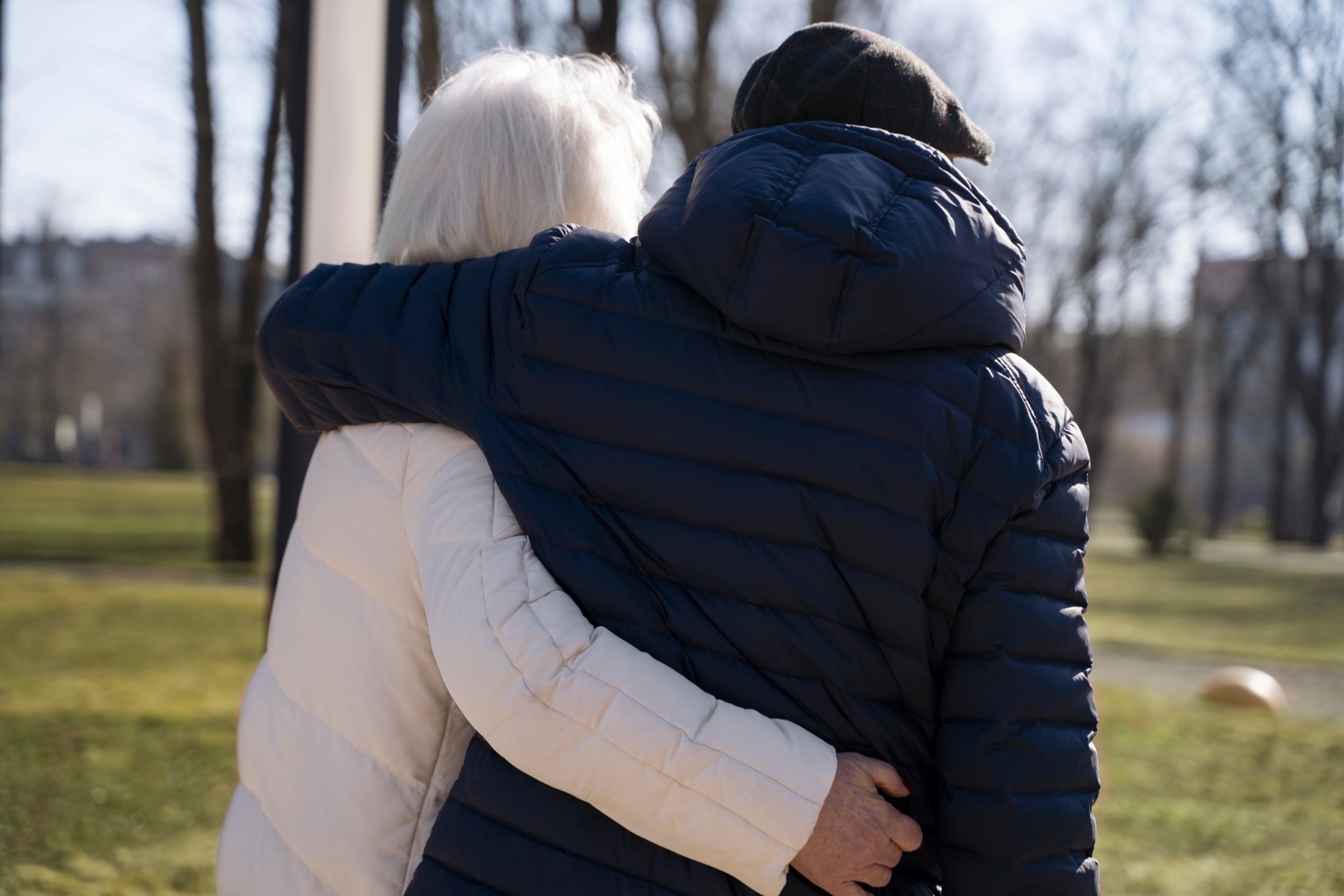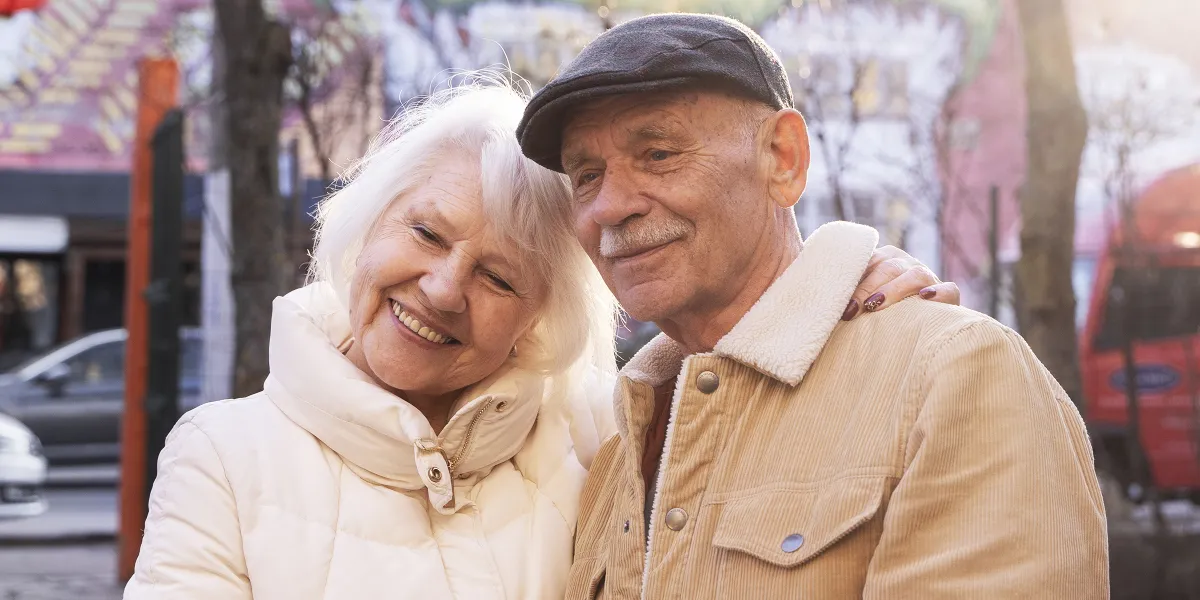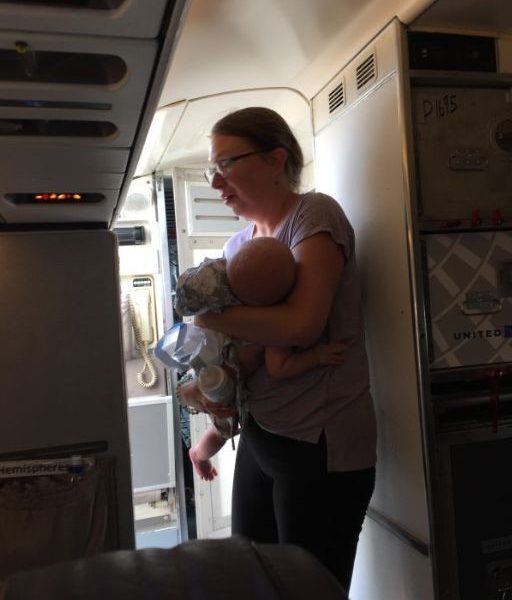I’m Rachel, 35, and a call five months ago broke my heart, saying my younger sister, Kate, had cancer. Our parents moved in to support her, but a stranger’s words at a coffee shop revealed a painful lie that reshaped our family’s trust.
It was a busy Tuesday, scrambling for work, when Mom called, her voice cracking. “Rachel, it’s Kate. She has cancer.” My world froze. Kate, my lively 34-year-old sister, with her warm smile and stubborn heart, had stage three cervical cancer. “We’re moving to her place today,” Mom said. I offered to come, but Kate wanted only them, needing time to process. It hurt, but I nodded. “Tell her I’m here,” I said, choking back tears. Grief made me overlook the oddity—Kate loved being surrounded by support.

Three weeks later, I visited Kate’s Millbrook apartment. She greeted me, a scarf hiding her bald head. “Hey, sis,” she said, her smile faint. I hugged her carefully. “How are you?” I asked. “It’s rough, but I’m pushing through,” she replied. Mom, exhausted, poured tea, while Dad sat amid medical booklets and medicine bottles. The place felt like a hospital ward, with bland snacks and herbal tea everywhere. “How’s treatment?” I asked. “Dr. Chen says it’s helping, but I’m wiped out,” Kate said. Dad’s eyes glistened. “We’re in this together.” But Kate’s bright eyes and quick steps didn’t match her story.
Soon, I was wiring money—$300 for pills, $400 for utilities, then thousands for “new therapies.” My paralegal salary couldn’t keep up. I canceled dinners out, bought cheap food, and switched my cat, Luna, to budget kibble. “You’re a lifesaver,” Mom said, taking my checks. Kate dodged hospital visits, saying, “I need to face this alone.” I accepted it, but cracks appeared. One evening, I found her apartment empty, a note saying, “Dinner with friends, back late – Kate.” Strange, since she’d mentioned fatigue. Mom said they were at a prayer group.
A late call to Kate, with party noise in the background, raised doubts. “I’m with support friends,” she said. “I thought you were too weak,” I replied. “Good day!” she said, hanging up. Her social media showed brunches and shopping during supposed treatment. The truth came at a café, chatting with a doctor, Lisa. “I’m Millbrook’s only gynecologic oncologist,” she said. I mentioned Kate. Lisa shook her head. “No patient named Kate.” Showing Kate’s photos, she said, “She looks healthy. No record of her.”
My latte fell. I checked hospitals, pharmacies—no trace of Kate’s treatment. I confronted her outside her place. “I met your oncologist,” I said. She paled. “She doesn’t know you.” Kate sobbed, “I was in debt—eviction, loans. I faked cancer for help. I couldn’t stop.” I was livid. “You broke Mom’s heart,” I said. I gave her a day to confess. She didn’t. I told our parents at a quiet diner. “Kate’s not sick,” I said. Mom cried, Dad’s face stiffened. “She lied for money.” They were crushed. I told Kate, and she screamed, “You ruined me!” I said, “You did that.”
She begged at my door, but I closed it. Kate’s with a friend, jobless. Mom calls, voice trembling, grappling with the lie. I’m recovering, Luna’s back on good food, and I’m planning a trip. Kate texts, angry then sorry, but some betrayals cut too deep. I chose honesty over her secret, loyalty to my parents over her. When love manipulates, truth is the only path, even if it breaks hearts.


